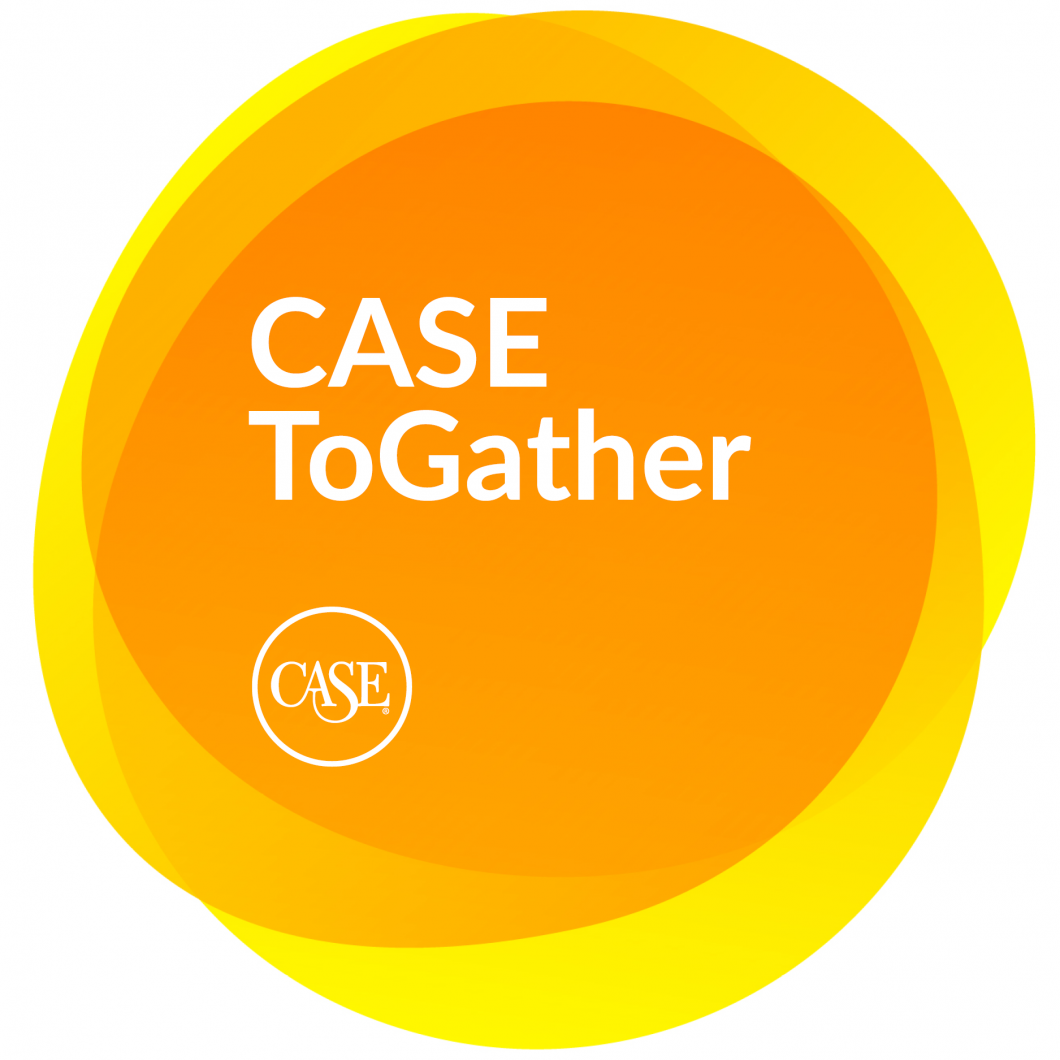How to Manage and Connect With Volunteers
It’s often been said in the CASE office halls, at conferences, and at in-person and virtual meetings: CASE runs on volunteer power. Advancement shops across the globe also thrive off volunteer energy.
For CASE, volunteer power has never been more vital than in the past year when our members and volunteers rose to every occasion and met every challenge caused and exacerbated by the uncertainty of the coronavirus pandemic.
"Volunteer engagement is at the very core of our association. CASE wouldn’t be CASE without the time, expertise, and enthusiasm that our volunteers generously share,” says CASE President and CEO Sue Cunningham, who began her relationship with CASE as a conference participant then transitioned to become an active volunteer. “Nurturing a culture that encourages, supports, and celebrates volunteer engagement is often what propels an institution to higher levels of success. I feel fortunate that CASE has such a dedicated family of CASE volunteers worldwide”.
In the past year alone, CASE volunteers:
- Proposed and assisted CASE staff in a number of CASE ToGathers to

quickly respond to advancement issues at all levels of the profession in all parts of the globe; - Chaired, promoted, and attended the All Districts Conference, the largest CASE gathering on record;
- And advised at every step and in every region on the new CASE Global Reporting Standards, the industry-leading guidelines on reporting educational philanthropy.
CASE appreciates and recognizes our volunteers in a variety of small and large ways throughout the year, but since April is Global Volunteer Month and April 18-24 is National Volunteer Week and Canada Volunteer Week, we are spending extra time and focus promoting our resources for volunteers.
The CASE Library regularly receives and responds to requests for a variety of alumni volunteer material, including annual fund and class agent volunteer guides, reunion planning manuals, regional chapter and club management material, and general volunteer position descriptions. In response, the library has prepared this sample collection from a range of institution types to help advancement professionals work with their volunteers.
The library also has a subject guide on volunteer management to support advancement professionals who work with volunteers. It includes information on recruiting, hiring, managing, evaluating, and stewarding volunteers. It also offers resources on volunteers working in specific functions, such as admissions, alumni relations, fundraising, and government relations.
And, as always you can send the library a message with specific volunteer-related questions or visit the Advancement Resource Catalog 24 hours a day/7 days a week for a database featuring education advancement articles, books, and white papers.

CASE recently published a Currents magazine feature on how alumni relations professionals have adapted and reimaged the ways they engage volunteers online focusing on the key strategies they’ve used to make these virtual opportunities a success.
If you are looking for even more CASE resources on volunteering, you can always visit the CASE Communities to start discussions and hear first-hand from the experience of your peers.
“Volunteers serve a critical function for many institutions as they provide professional expertise and needed connections to help advance the institution’s mission and embody its values,” says CASE Vice President of Volunteer and Member Engagement Brett Chambers. “This is absolutely true at CASE. And to top it all off, they are a whole lot of fun.”
